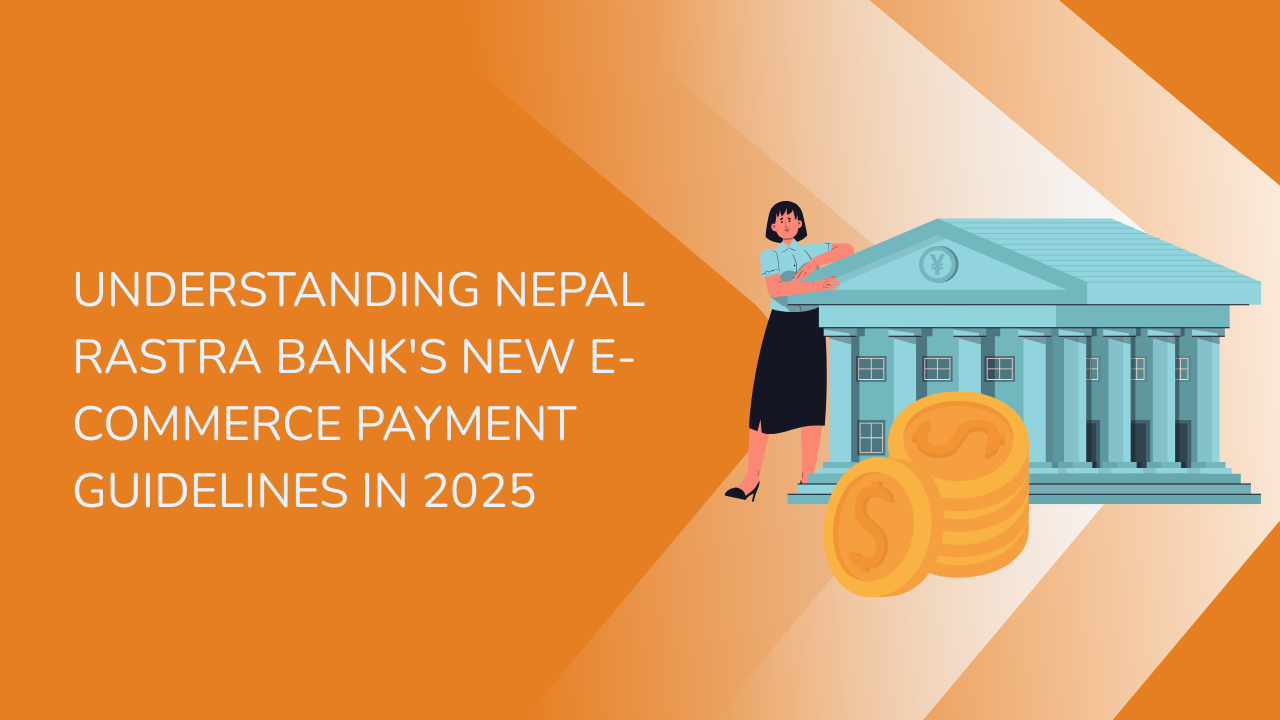Share this Article
With the surge in online shopping across Nepal, ensuring the security of your e-commerce store has become more important than ever. As the number of online shoppers grows, so does the risk of cyber threats, including data breaches, fraud, and hacking attempts. In this article, we will explore how you can protect your online store from these threats, focusing on the essentials of SSL encryption, PCI compliance, and recognizing common scams that affect Nepali e-commerce businesses.
Why Security Matters for E-Commerce Stores in Nepal
As the e-commerce landscape in Nepal rapidly expands, the need for robust cybersecurity measures also rises. Every online store deals with valuable customer information—credit card details, personal data, and purchasing habits—that makes it a prime target for cybercriminals. If your store is vulnerable, it could lead to data breaches, financial losses, and a damaged reputation.
Fortunately, securing your e-commerce platform doesn’t have to be complex. With the right tools and strategies, you can protect your store and ensure a safe shopping experience for your customers.
Understanding SSL: A Key Element in E-Commerce Security
What is SSL?
SSL (Secure Sockets Layer) is a security technology that creates an encrypted link between a web server and a user's browser. When your website uses SSL, visitors see “https://” in the URL along with a padlock symbol, which indicates the connection is encrypted and safe.
Why SSL is Essential for Your Nepali Online Store
For Nepali e-commerce sites, SSL is crucial for the following reasons:
- Data Protection: SSL encrypts sensitive information like credit card numbers and passwords, preventing hackers from intercepting data during transmission.
- Building Trust: A secure website encourages customers to shop confidently. The padlock symbol reassures visitors that their personal information is safe.
- SEO Advantage: Google prioritizes secure websites (with SSL), and websites that lack SSL may rank lower in search results.
- Compliance: Many data protection regulations require businesses to implement SSL, and failing to do so could result in penalties.
How to Obtain an SSL Certificate
To add SSL to your website, you need to purchase an SSL certificate from a recognized provider. Companies like DigiCert, Let’s Encrypt, and Comodo offer these certificates, and many hosting services provide them as part of their packages.
What is PCI Compliance and Its Importance for Your Store
Understanding PCI Compliance
PCI DSS (Payment Card Industry Data Security Standard) outlines a set of security standards for businesses that handle credit card payments. In Nepal, many e-commerce platforms process card transactions, so understanding and adhering to PCI standards is vital.
Why PCI Compliance is Important for Nepali E-Commerce Stores
Here’s why PCI compliance is necessary:
- Protects Cardholder Data: PCI compliance ensures that sensitive credit card data is securely handled and stored, preventing data breaches and fraud.
- Boosts Customer Confidence: Customers are more likely to make purchases from a store that follows PCI compliance, as it demonstrates a commitment to protecting their financial information.
- Legal Necessity: While Nepal doesn’t have strict PCI laws yet, being non-compliant can lead to penalties and affect your ability to process card payments securely.
How to Ensure PCI Compliance
Compliance levels depend on how much payment volume your store processes. For small businesses, basic PCI requirements—such as using secure payment gateways and protecting customer data—are often sufficient. Larger businesses may need to implement additional security measures.
To get PCI compliant, follow these steps:
- Use Secure Payment Gateways: Opt for reliable, PCI-compliant payment processors.
- Avoid Storing Card Data: Don’t store sensitive information like full credit card numbers or CVV codes.
- Conduct Regular Security Audits: Review and update your security protocols periodically to ensure compliance.
Common E-Commerce Scams in Nepal and How to Protect Your Store
As online shopping grows in Nepal, so do the number of scams targeting both businesses and consumers. Being aware of these risks and taking proactive measures is key to protecting your store.
Common Scams Affecting Nepali E-Commerce Stores
- Fake Orders and Return Fraud: Scammers may place fake orders and request returns for items they never purchased, or claim they received the wrong product after using it for a short time.
- Fake Payment Confirmation: Fraudsters sometimes send fake payment confirmations, tricking businesses into shipping products without receiving payment.
- Credit Card Fraud: Stolen or fake credit cards are often used for online purchases, leading to chargebacks and financial losses.
- Account Takeovers: Cybercriminals may try to access customer accounts using stolen credentials, changing order details or stealing information.
How to Safeguard Your Store from These Scams
- Choose Secure Payment Gateways: Work with trusted payment providers like eSewa, Khalti, or international options that include fraud detection features.
- Watch for Suspicious Orders: Keep an eye out for unusual patterns such as multiple orders from the same IP address or mismatched shipping details.
- Verify High-Value Orders: Consider additional checks for high-ticket items before shipping to ensure the payment is legitimate.
- Implement Strong Authentication: Use multi-factor authentication (MFA) for both customer and administrative accounts to prevent unauthorized access.
- Educate Customers: Make customers aware of common scams and encourage secure payment methods, like digital wallets, over risky alternatives like wire transfers.
Additional Tips to Enhance E-Commerce Security
- Regular Software Updates: Ensure your e-commerce platform, plugins, and payment systems are regularly updated with the latest security patches.
- Data Backup: Regularly back up your website’s data to protect against ransomware or other data loss events.
- Install a Website Firewall: A firewall helps block malicious traffic and prevents attackers from exploiting vulnerabilities in your site.
- Use Strong Passwords: Enforce the use of strong, unique passwords for all accounts, and ensure you set appropriate user roles for access.
Conclusion
In the fast-growing world of Nepali e-commerce, protecting your online store from cyber threats is essential. By integrating SSL certificates, ensuring PCI compliance, and being vigilant about common scams, you can protect both your business and your customers.
Security is not a one-time fix, but a continuous process. By staying informed, using the right security tools, and practicing good cybersecurity hygiene, you can maintain a safe and trustworthy shopping experience for your customers.
Categories:
E-commerce Tips & Tutorials
,
Marketing & Growth
,
SEO & Content Marketing
,
Beginner’s Guides
,
Sales & Conversion
,
Success Stories & Case Studies
,
Platform Features & Updates
,
Platform Comparisons
Tags:
Online Store in Nepal
,
5 Simple Steps
,
local businesses
,
e-commerce app
,
Small Business
,
strong brand
,
E-commerce
,
Role of Social Media






